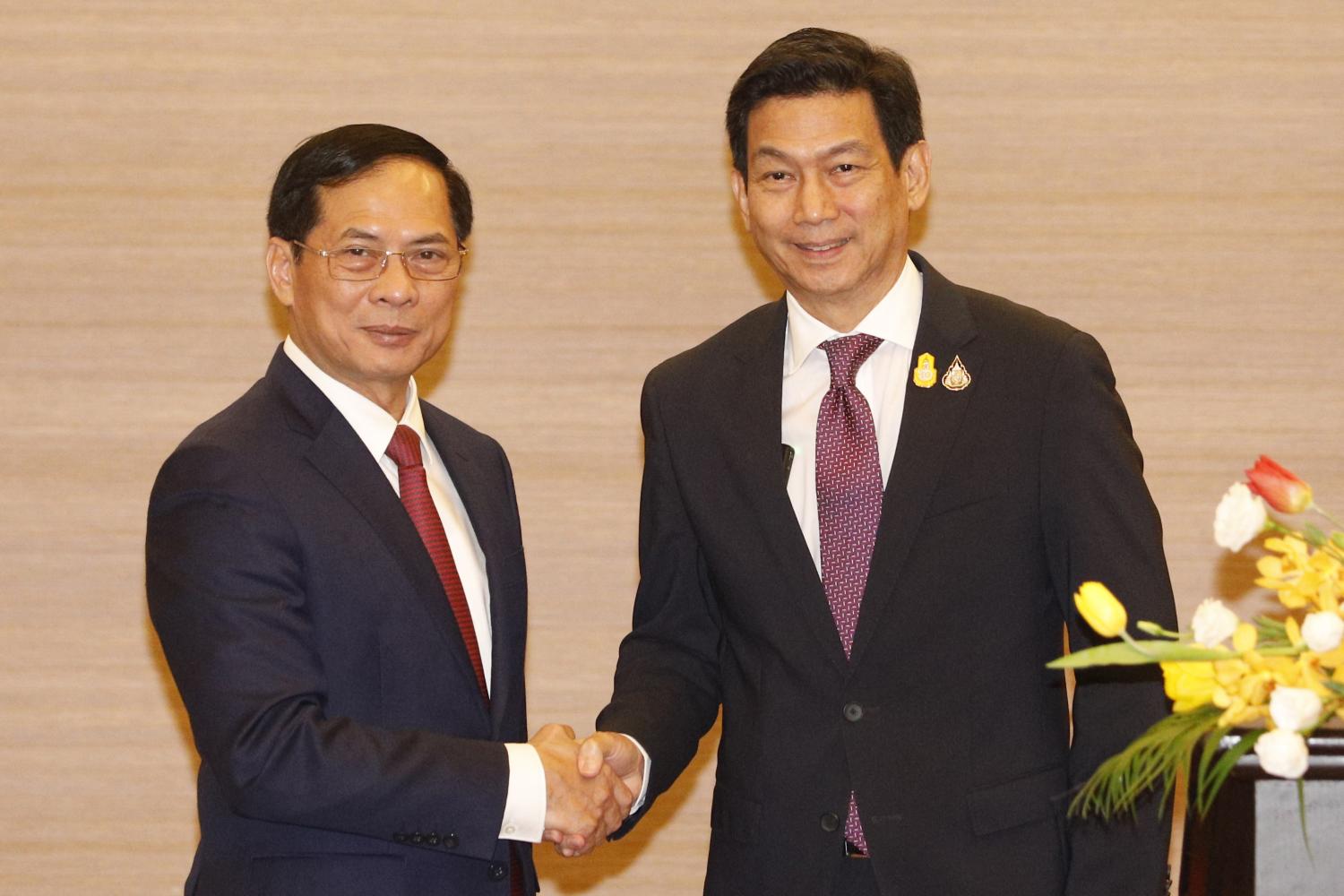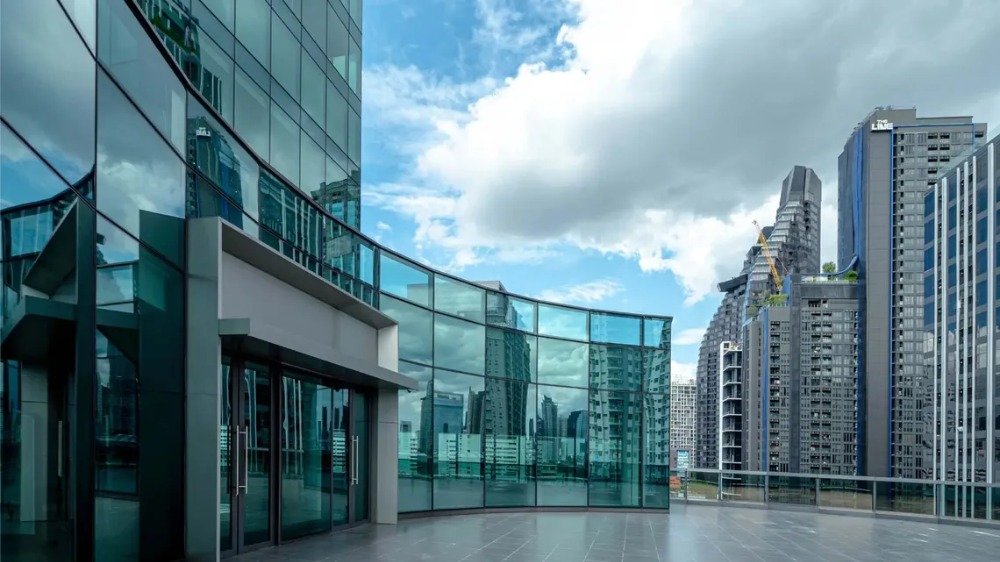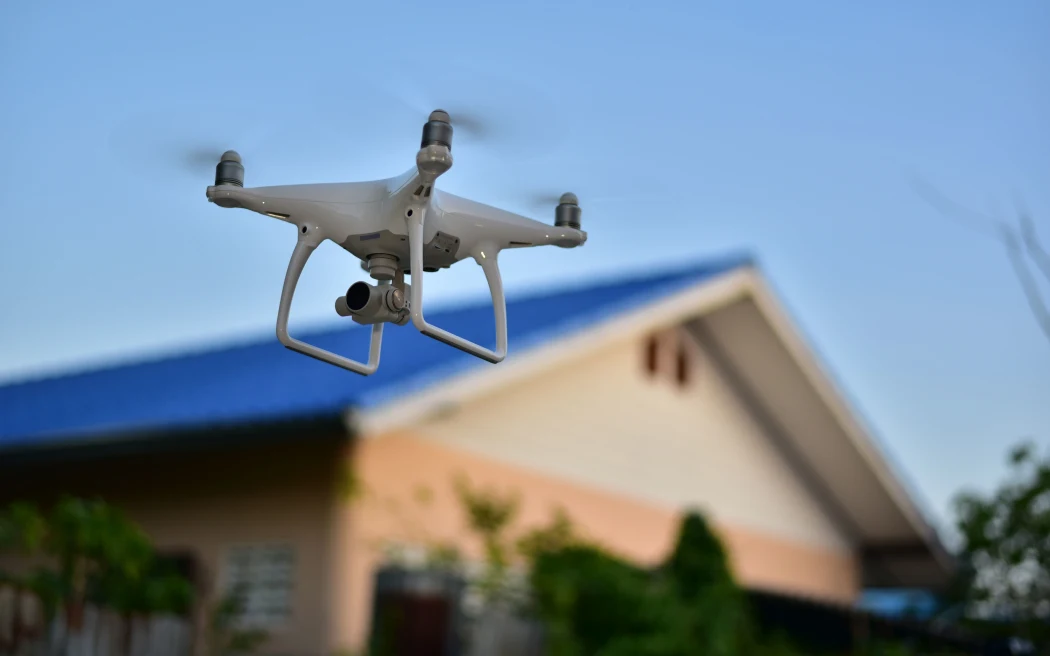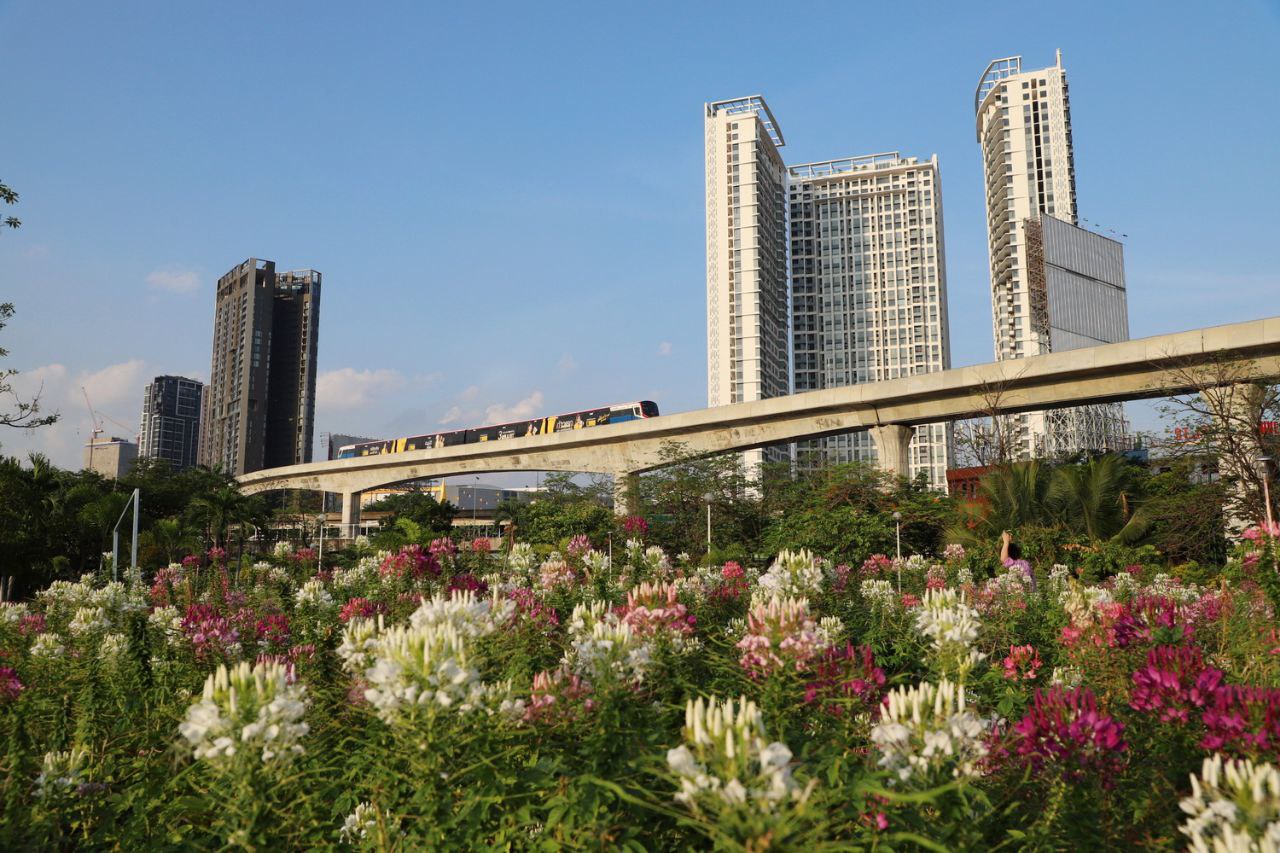Celebrating the Legacy of King Bhumibol Adulyadej
December 5 marks a significant occasion for Thailand, as it is the Birthday Anniversary of His Majesty King Bhumibol Adulyadej The Great, Thailand’s National Day, and Father’s Day. Since 1960, this day serves as a reminder of the late king’s tireless dedication to the well-being of the Thai people throughout his seven-decade reign. Revered as the “Father of the Nation,” His Majesty initiated over 4,000 royal projects addressing various societal issues, including poverty, unemployment, and environmental degradation.
The Sufficiency Economy Philosophy
His Majesty’s Sufficiency Economy Philosophy (SEP) has gained global recognition for promoting sustainable development. In Vietnam, SEP projects are being implemented in Thai Nguyen Province to enhance agroforestry and environmental protection, while Ben Tre Province focuses on sustainable community-based tourism. This collaborative approach reflects the commitment of both nations to sustainable growth.
Strengthening Bilateral Relations
The friendship between Thailand and Vietnam has flourished over the past 48 years, characterized by profound political trust and promising economic cooperation. In 2013, the two countries elevated their relationship to a “strategic partnership,” further strengthened in 2019. Currently, both governments aim to achieve a “Comprehensive Strategic Partnership” to enhance bilateral relations.
Political and Security Cooperation
Thailand and Vietnam enjoy close political and security cooperation, marked by frequent high-level visits and dialogues. Her Royal Highness Princess Maha Chakri Sirindhorn has made several visits to Vietnam since 2006, focusing on improving the quality of life for children and youth in the Asia-Pacific region. This year, she visited Vietnam from August 12-15 at the invitation of H.E Vice President Vo Thi Anh Xuan.
Economic Cooperation: A Backbone of Relations
Economic cooperation remains a cornerstone of Thailand-Vietnam relations, with bilateral trade exceeding US$18.9 billion in 2023. As the 9th largest foreign investor in Vietnam, Thailand emphasizes its role as a responsible partner with investments totaling over $15 billion. Both countries are committed to implementing the “Three Connects Strategy,” which aims to connect supply chains, local economies, and sustainable growth strategies.
Joint Efforts for Sustainable Development
In response to global economic challenges, Thailand and Vietnam are working closely to build shared prosperity through initiatives like Industry 4.0 and digital economy transformation. These collaborations aim to foster sustainable development while addressing pressing economic issues.
Cultural Ties and People-to-People Connections
The cultural ties between Thailand and Vietnam are strengthened by shared history and mutual respect. More than 100,000 Thais of Vietnamese descent reside in Thailand, with memorial sites dedicated to former President Ho Chi Minh located in Nakhon Phanom, Udon Thani, and Pichit Provinces. The recent inauguration of the Thailand-Vietnam Cultural Street Gate in Nakhon Phanom further exemplifies this deep connection.
Tourism Growth Between Nations
Tourism plays a vital role in enhancing people-to-people ties. In recent years, over 1 million Vietnamese tourists visited Thailand, while nearly 500,000 Thais traveled to Vietnam. Both countries are exploring increased flight connections and promoting seamless tourism through initiatives like “Six Countries, One Destination.”
Promoting Language and Cultural Exchange
To foster closer ties between future generations, Thailand is committed to promoting Thai language education in Vietnam while encouraging Vietnamese language learning in Thailand. This initiative aims to enhance mutual understanding between the two cultures.
A Bright Future Ahead
With robust bilateral cooperation and a shared commitment to enhancing their relationship, Thailand and Vietnam are poised to rise to new heights of enduring friendship. By focusing on sustainable development, cultural exchange, and economic collaboration, both nations can look forward to a prosperous future together.









